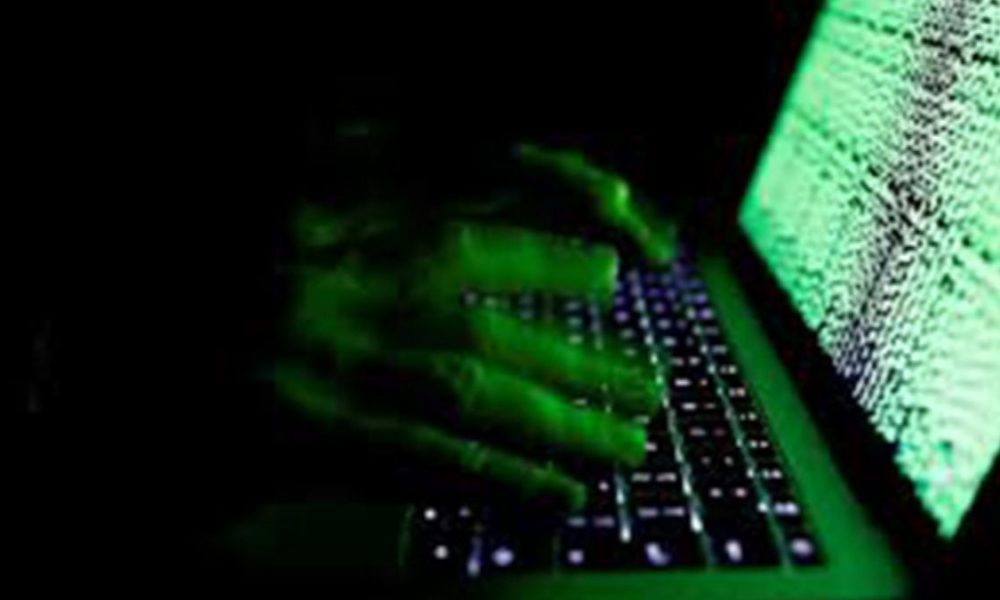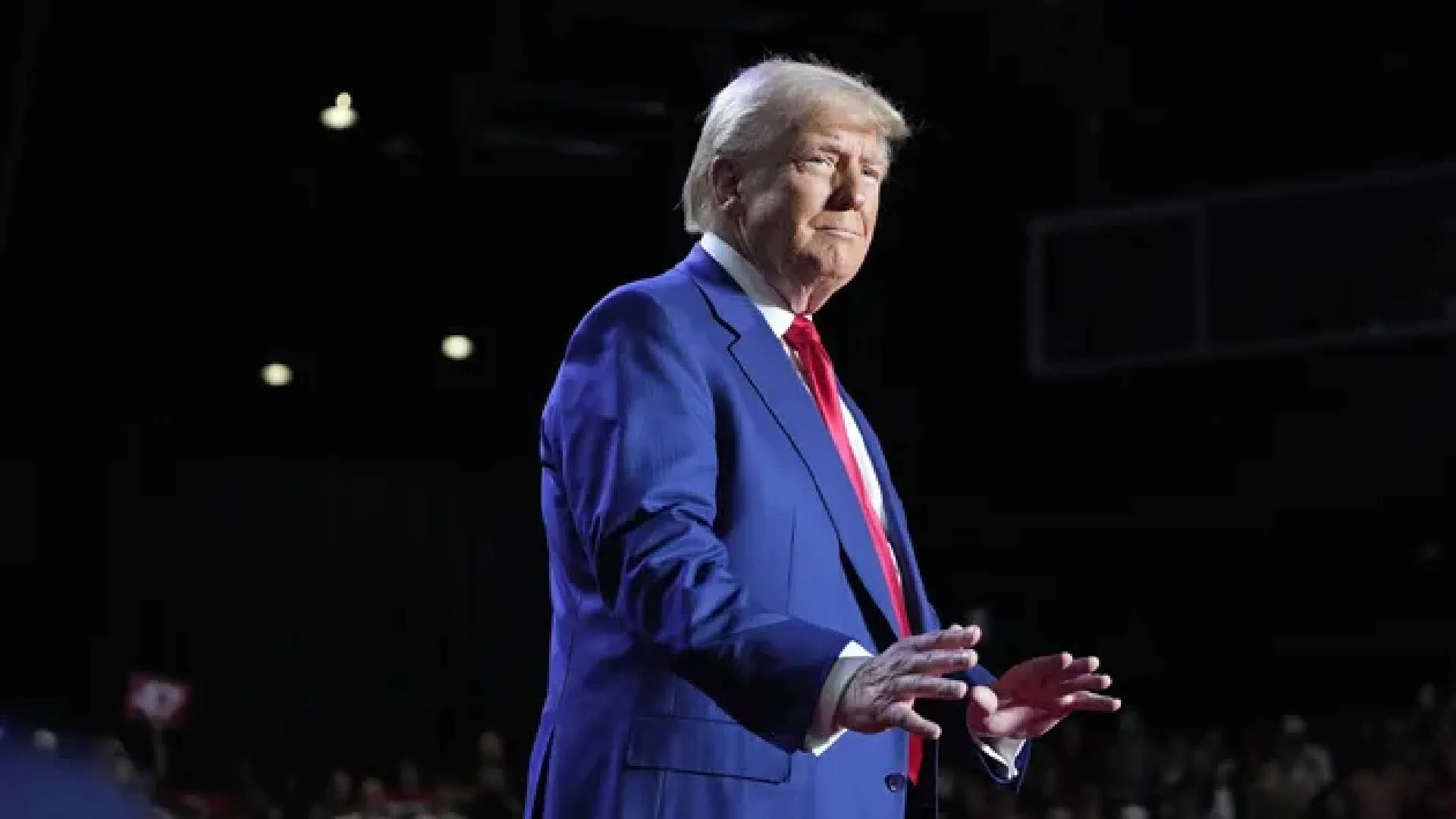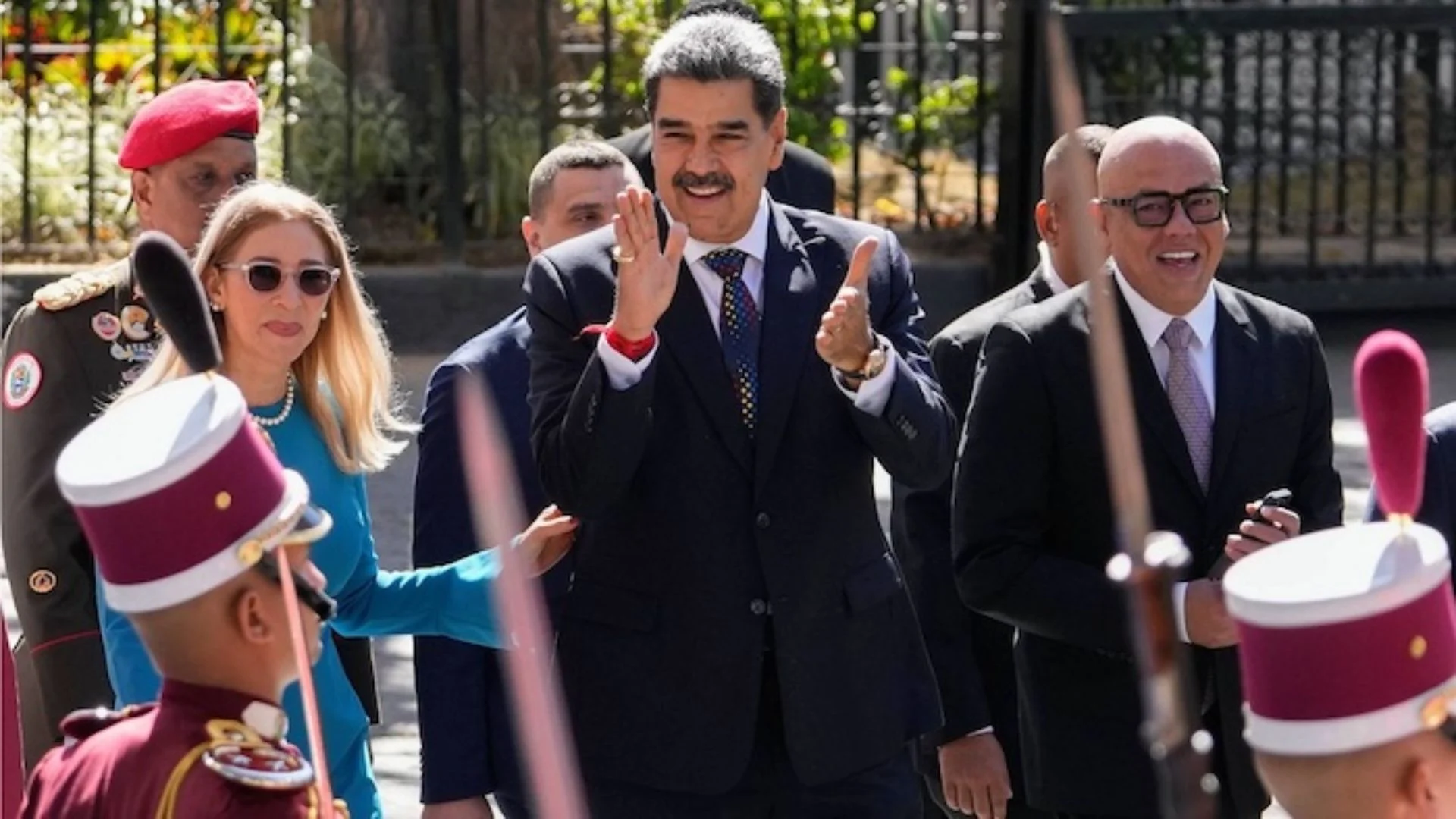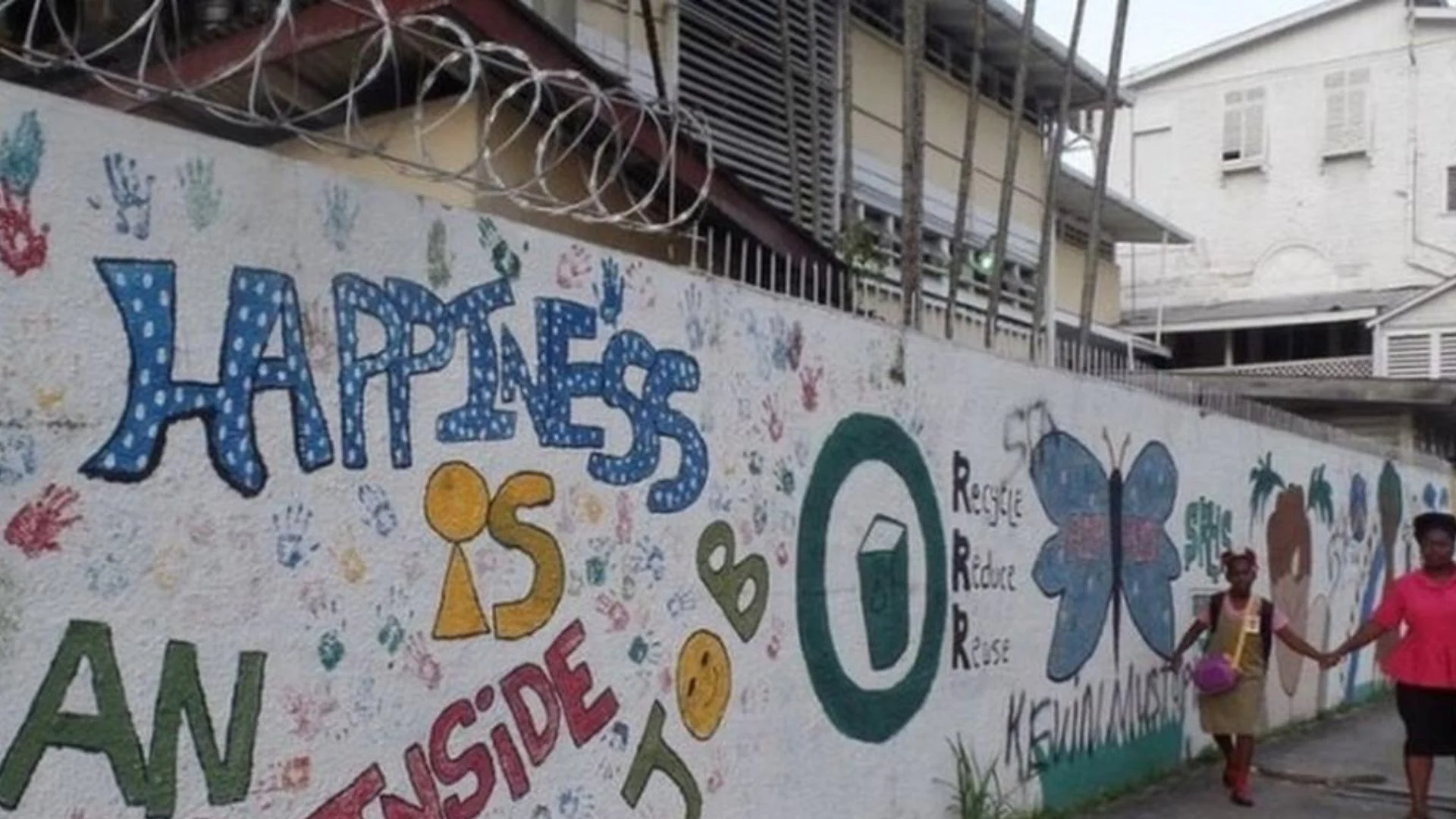Data protection is the process of obtaining digital information without limiting the organisation’s ability to use this data for business purposes or to endanger the privacy of consumer and end users.
Data protection therefore falls into the simplest – but not the simplest part of infosec systems: IT professionals have no problem looking at a secure data center, but the growing complexity and breadth of cloud computing installation, Internet of Things (IoT) and AI – Enabled technology makes designing a road map self-defense much more difficult than it .Security of the state is of a grave concern as the technology advances it comes along with the new threats to nation upholding new challenges for the state machinery. To stand with these changes government came up with the drafting of Information Technology Act 2000. This act provided the government with the power to monitor decrypt or intercept any information from any computer resources. This act also enables the Government to appoint certain agencies to carry out these functions. Section 69 of Information Technology Act 2000 came into spotlight when the government nominated the ten agencies to decrypt, monitor or intercept any computer. In the light of the judgment in KS Puttaswamy case, this order has been considered excessive and infringes right to privacy of the citizens, this was heavily criticized.
This section has link with Indian Telegraph Act, 1885. In Information Technology Act, section 5 (2) government is exercising the powers of interception of message as per the guidelines and directions issued by Supreme Court. The working of section 5 (2) deals with the tapping of telephone in the same way section 7 (2)(b) of the Indian Technology Act 1885 says that precaution to be taken while sending or receiving messages for preventing improper interception. In the case of PUCL v. Union of India, it was held that the power of interception is there under section 5(2) of Indian telegraph act ,1885 but there should be some procedural safeguard to support this section so that the procedure be just, fair and reasonable and in section 7(2)(b) precaution should be taken is given but what type of precaution to adopt is not specified. Thus this various question in courts mind gives rise to a new section that is section 69 which deals with interception, monitor and decryption of information and data stored in any computer resources . In April, 2017 government introduces 10 agencies in the bill called Information Technology rules, 2009 to monitor and decrypt information and data in any resources.
Drawback in the implementation is lack of adequate safeguards. The powers conferred by section 69 are wanting in aspect neither the rules nor the legislature provides for safeguards. This is lack of transparency which further leads to arbitrariness. The penalties are heavy and misappropriate. This threats the principle of natural justice and most importantly, it is violation of right to privacy granted by Indian Constitution. It invades a person’s private virtual space without consent. Another major drawback is that it lacks any kind of legislature or judicial overview. It makes the section arbitrary by making the government independent from any kind of permission from judiciary or legislature. The intelligence agencies would be authorized to monitor, intercept and decrypt information but they are not governed legally. They would thus acquire a free reign. Moreover, there is a lack of oversight mechanism over these very intelligence agencies.
In the case of State of Maharashtra v. Bharat Shanti Lal Shah the court held that law authorizes the interception of wire, data in computer resources, electronic or oral communication only if it is intended to prevent the commission of an organized crime or if it intended to collect the evidence to the commissioner of such an organized crime. Thus, the court is required to see is the procedure itself is just, fair and reasonable and not arbitrary or oppressive. Section 69 requires that interception is allowed if the controller is satisfied that it is necessary or expedient so to do in the sovereignty or integrity of India, security of the state, friendly relations with foreign states or public order or for preventing cognizable offences, for reasons to be recorded with in writing by order, direct any agency of government to encrypt any information transmitted through any computer resource. Interception of data should be only allowed if the government agency had some evidence against the person. However, to keep a check on one person, right to privacy of numerous other innocent citizens gets violated.
The scope of section 69 of Information and Technology Act, 2000 is very wide as it includes both interception and monitoring along with decryption for the purpose of cybercrimes investigation. Government suspecting every citizen to be criminal is not just. The action would lead to a country where every citizen are being watched by the government without the permission which would further create a “surveillance country”. The order of the government is good and fruitful of the security and defense point of view for the country making it a fearless country but the only dissatisfaction in the order which is not appreciable is that there is no procedure established and maintained for the privacy of the innocent citizen and to protect the country from any harmful activity. The order of the government is not but the creating a set up of a surveillance society where the citizen’s every part of life are being monitored in the hand of the government.
We the citizens of India want our country to be safe, secure, strong and fearless but with the proper parameters which are just and fair notwithstanding with orders which are violation of our rights. This order may lead to loss of people’s faith in its own government. Government should take way this order in the interest of the citizens preventing further damages. Every citizen living in India has right to privacy which is protected under article 21 of the Indian Constitution. The government which is for the people, by the people, of the people should take a second thought for this order to safeguard the interest of the citizens of India. The word “PRIVACY” is not merely a seven letters words but has a magnificent role to play in the lives of every citizens living in the free and democratic India. If the government does not stop their so called lawful activity of interception, monitoring and decryption over computer resources these would create fraud and destruction in the lives of people.
The steps of the government for national security may not lead to loss of faith and believe of its own citizens from government. Police are for police station not for every house. Government should not try to make them our relatives by putting us over their surveillances any time they wish with the sheet of suspect, a mere suspect should not give license to endanger any citizen’s privacy.























